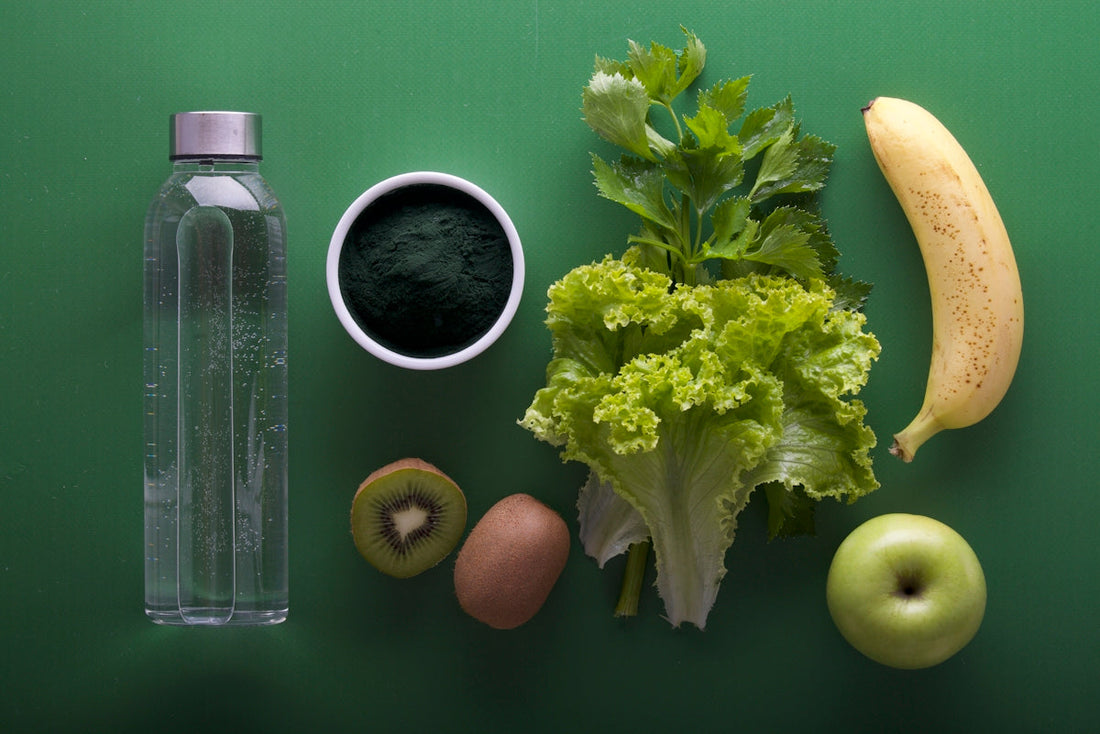
Hydration and Nutrition: Essential Tips for Your Diet
Sophia AustinEnsuring that your body receives the necessary water and nutrients is crucial for maintaining optimal health and well-being. In this guide, we'll explore essential tips to help you improve your hydration and nutrition practices, boosting your vitality and energy levels.
Table of Contents
- Understanding the Importance of Hydration
- Signs of Dehydration
- Tips for Staying Hydrated
- The Role of Nutrition in Health
- Essential Nutrients for Your Body
- Building a Balanced Diet
- Hydration and Nutrition Myths Busted
- FAQs
- Conclusion and Next Steps
Visit our website for more in-depth beauty and wellness insights: Sophia Austin Beauty & Recipes
Understanding the Importance of Hydration
Water is a vital component of our bodies, making up about 60% of our total body weight. It plays critical roles, including regulating body temperature, transporting nutrients, and removing waste. Hydrating properly is essential for maintaining these crucial functions.
Signs of Dehydration
Dehydration can lead to a multitude of health issues, from mild to severe. It's vital to recognize these signs early:
- Thirst
- Dry mouth and dry skin
- Fatigue or dizziness
- Dark yellow urine
- Decreased urine output
Stay vigilant and address dehydration signs promptly to maintain your health.
Tips for Staying Hydrated
- Drink Regularly: Aim for at least eight 8-ounce glasses a day, commonly known as the "8x8 rule."
- Incorporate Water-Rich Foods: Foods like cucumbers, watermelon, and oranges can boost your water intake.
- Monitor Your Urine: Clear or light yellow urine is usually a good indicator of proper hydration.
- Limit Diuretics: Beverages like coffee, tea, and alcohol can lead to water loss. Drink water alongside such drinks.
- Use Hydration Apps: Technology can help track daily water intake more efficiently.
The Role of Nutrition in Health
Good nutrition provides the necessary nutrients to maintain various bodily functions, support growth, and ensure effective recovery from illnesses or injuries. Balancing macronutrients (carbohydrates, proteins, fats) and micronutrients (vitamins, minerals) is key to a healthy diet.
Essential Nutrients for Your Body
Here are some of the most critical nutrients and their sources:
- Proteins: Essential for muscle growth and cellular repair. Sources include chicken, fish, beans, and lentils.
- Carbohydrates: The body's main energy source. Opt for whole grains, fruits, and vegetables.
- Fats: Necessary for brain health and hormone production. Avocado, nuts, and olive oil are excellent choices.
- Vitamins and Minerals: Leafy greens, berries, and dairy products can help meet these needs.
Building a Balanced Diet
Construct a balanced diet by following these steps:
- Incorporate Variety: A diet rich in different food types ensures diverse nutrient intake.
- Control Portion Sizes: Understanding portions can help avoid overeating.
- Plan Meals Ahead: Pre-planning meals can provide nutritional benefits and cost savings.
For easy and nutritious meal kit options, consider Amazon Fresh.
Hydration and Nutrition Myths Busted
Myth 1: You Can Only Get Protein from Meat
- Fact: Plant-based proteins, like beans and tofu, are also rich in protein.
Myth 2: All Fats Are Bad
- Fact: Healthy fats, such as omega-3 and omega-6, are crucial for heart health.
Myth 3: Drinking Lots of Water Alone Will Improve Skin
- Fact: While water helps, a diet rich in vitamins C and E is essential for skin health as well.
FAQs
Q: Can I drink too much water?A: Yes, excessive water intake can dilute electrolytes in your body, causing imbalances.
Q: Does everyone need 8 glasses of water a day?A: Water requirements can vary based on age, climate, and level of physical activity.
Q: Are sports drinks beneficial?A: For intense and prolonged exercise, they can help replenish lost electrolytes.
Conclusion and Next Steps
Optimizing hydration and nutrition is a vital aspect of health care. By staying informed and adopting practical strategies, you can significantly enhance your well-being. Start incorporating these tips today and explore more resources on Sophia Austin Beauty & Recipes for continued learning.
Remember, the journey to wellness is personal, so tailor these suggestions to fit your unique lifestyle and dietary preferences.



